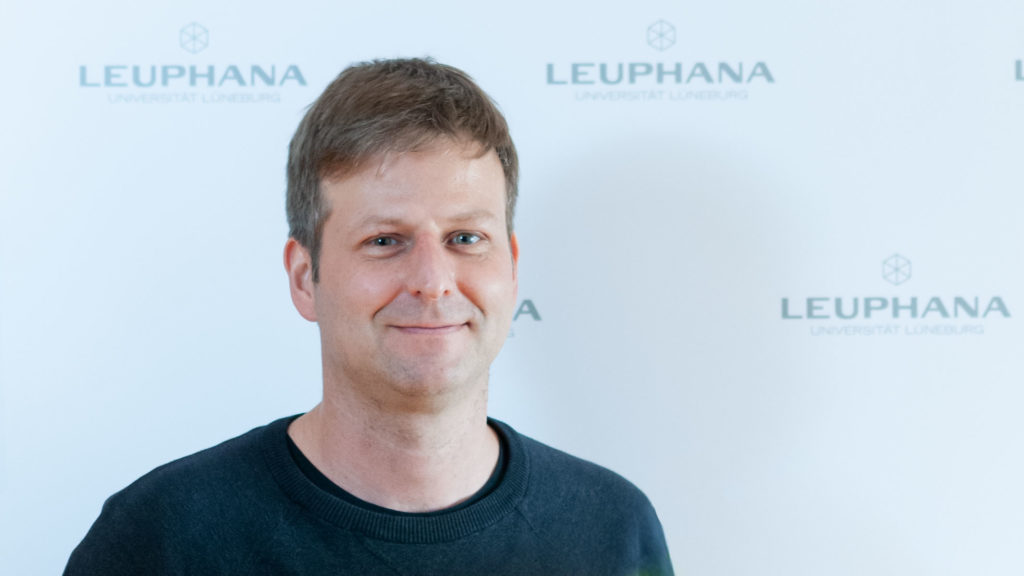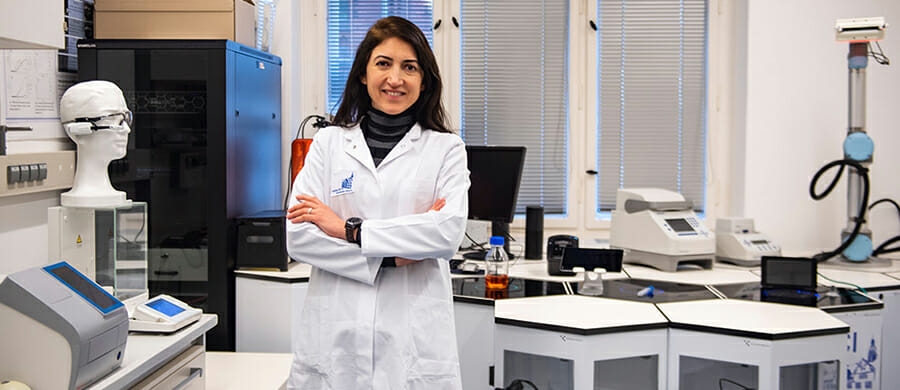Leuphana University Lüneburg
Institute of Sociology and Cultural Organisation (ISCO)
DATA & FACTS
Project
“Doing Digital Identities” (DigID)
Scientific contact
Prof. Dr. Stephan Scheel
EU-Funding line
ERC Starting Grant
Keywords
Citizenship, Databases, Computer and Information Science, Digital Cultures
Projektleitung: Prof. Dr.-Ing. Arno Kwade
Projektname: „Li-Ion Pilot Lines Network“ (LiPLANET)
Keywords: Energie, Mobilität, Partner
ERC Grant for Stephan Scheel’s project on digital ID devices and citizenship
Government authorities around the world are increasingly switching from paper-based methods of identification of their citizens (e.g., birth certificates and passports) to digital technologies such as biometric national ID cards offering remote access to government services or so-called digital identity wallets. The effects of this ongoing change on the lived experience and practical meaning of citizenship have not yet been sufficiently researched. Therefore, Stephan Scheel, who is Professor of Political Sociology at Leuphana University Lüneburg, engages with the following research question in the ERC-funded project “Doing Digital Identities” (DigID): How does the growing use of digital identification devices reshape the transactions and power relations between citizens and state authorities?
Together with a team of two post-docs and two doctoral students, Prof. Scheel investigates the use of digital ID devices in the following three settings: 1. birth registration, 2. border controls and 3. mundane transactions between citizens and authorities such as applying for benefits, accessing healthcare, or enrolling in education. In this way, the DigID project sheds light on the much-neglected material dimension of citizenship and shows how digital ID devices reshape the lived experience of citizenship—understood as a legal status, a form of membership in a political community, and a set of bottom-up practices enacting the ‘right to have rights.’ The implications of digital methods of identification for citizen-state relations are studied in one international and five country case studies, namely: Germany, Estonia, Indonesia, Malawi, and Sierra Leone.
Scheel has been awarded an ERC Starting Grant for the DigID project with a funding amount of nearly 1.5 million euros. The project will run for a period of 5 years from February 2023 to January 2028. With Starting Grants, the European Research Council supports outstanding young scientists who are conducting cutting-edge research in their field.

Author: Dr. Wiebke Vorrath
Date: March 2024
This might also interest you…

Project: ScaleUp4Sustainability
New approaches to collaboration between students and companies developed in Germany, Sweden and the Netherlands. Between 2018 and 2022, the University of Oldenburg coordinated a consortium consisting of two universities (besides Oldenburg, the University of Linköping, SE), 6 companies (including the Oldenburg companies EWE Aktiengesellschaft…

Project: decades
The chemical industry is currently facing the challenging transformation of replacing classic, chemical manufacturing processes based on petroleum with sustainable, bio-based products, in line with the concept of a circular bioeconomy. Solvents, in particular, play a crucial role in the chemical industry along the entire production chain.
